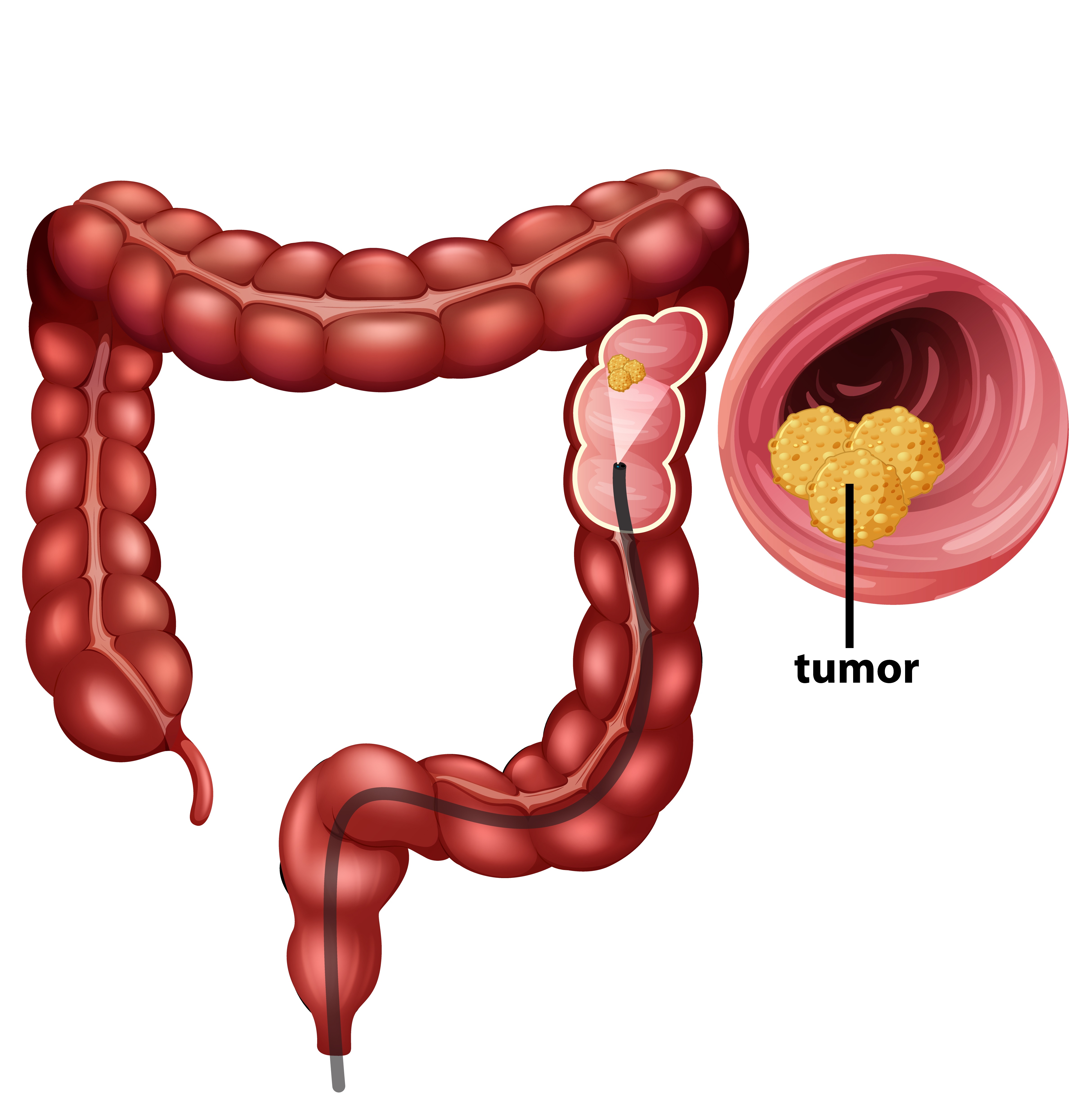Colon and Rectal Cancer Awareness Primer
Colon and rectal cancer remains the fourth most frequently diagnosed cancer and will affect over 150,000 new patients in the United States alone. The good news is that the number of new cases per year has been steadily decreasing by approximately 2.5% per year over the last two decades. This is believed to be, in part, because of cancer prevention and earlier diagnosis through colonoscopy.
A colonoscopy is a small camera that traverses the large bowel from the anus to the small intestine. The procedure is performed under twilight sedation and is painless. Prior to the procedure a bowel cleansing regimen is required to improve visualization of the bowels. People who have never had a colonoscopy are more concerned about the colonoscopy itself while colonoscopy veterans are more inconvenienced by the bowel prep.
The benefit of colonoscopy is identifying and treating non-cancerous polyps before the polyps become cancerous. Non-cancerous polyps are asymptomatic and grow slowly but can progress to cancer over 7 to 10 years and as the polyps grow the risk of progression to cancer increases. When non-cancerous polyps are identified and removed during colonoscopy, the progression to cancer is halted. There are alternatives to colonoscopy like Cologuard, Fecal Occult Blood, or CT Colonoscopy. These tests however can only detect irregularities and require a colonoscopy if an irregularity is detected.
Colonoscopy screening currently is recommended for all adults age 45 or older. For patients who have a family history of colon or rectal cancer or polyps, colonoscopy screening should begin 10 years prior to the first diagnosis in a relative or at age 40 at the latest. Based on findings at colonoscopy, repeat intervals range from one to ten years. Colonoscopy screening usually stops after age 85 or if a patient has a life expectancy less than 10 years.
On a personal level, I believe that colonoscopy screening is one of the most important tools that colon and rectal surgeons have to help prevent disease. For this reason, I advocate for aggressive screening in all patients who meet the age or family history criteria. Please do not hesitate to contact me if you have questions or concerns about colonoscopy screening, the alternatives, or how it relates to you as an individual.

